Elon Musk has again found himself at the center of media controversy, this time in response to allegations by The New York Times that he has been regularly consuming a “cocktail of substances,” including powerful illicit drugs and psychedelics. In a public rebuttal that reflects both his defiant persona and his mastery of media engagement, Musk published a drug test report from a certified laboratory showing negative results for a wide range of substances, aiming to dispel mounting rumors and accusations about his mental state and executive fitness.
The test, administered by the US Drug Testing Laboratories and shared via Musk’s X (formerly Twitter) account on June 17, returned negative results for amphetamines, benzodiazepines, cocaine, opioids, marijuana, barbiturates, and a range of other drugs. Musk attached the report with a characteristically dismissive caption: “lol.” The message was clear-he considers the allegations not only baseless but laughable.
The recent accusations stem from a New York Times article published late last month, which claimed that Musk had been using a variety of drugs while advising former President Donald Trump. The outlet, citing unnamed sources “familiar with the matter,” claimed the Tesla and SpaceX CEO had indulged in LSD, cocaine, ecstasy, and psychedelic mushrooms, while also reportedly consuming so much ketamine that he developed bladder issues. These claims echoed a Wall Street Journal report from 2023, which also suggested that Musk’s alleged drug use had caused concern among Tesla and SpaceX board members.
Musk responded swiftly and forcefully, posting on X that he is “NOT taking drugs” and accusing the New York Times of “lying their ass off.” He further asserted that his previous public disclosures about limited, medically supervised ketamine use were being sensationalized for clicks.
“This is not even news,” he wrote, referring to an earlier admission that he had taken prescription ketamine to combat depression-like symptoms. “It helps for getting out of dark mental holes, but haven’t taken it since then.”
These recent reports are more than a tabloid sideshow. Musk is not just a celebrity billionaire; he is the head of multiple companies responsible for space travel, electric vehicle innovation, artificial intelligence development, and neurotechnology. His decisions and leadership affect global markets, national security, and the future of human-computer interaction.
That makes the question of his mental fitness and sobriety a legitimate concern for stakeholders, investors, and regulators alike. Drug use-particularly of the kind alleged-could signal erratic behavior, impaired judgment, and corporate liability. But Musk has framed the entire controversy as a political and ideological hit job, part of what he sees as a broader effort to undermine his credibility due to his growing influence over media platforms and his increasingly outspoken political views.
“Anyone claiming I’m on drugs is a massive liar,” Musk stated bluntly in one post, arguing that he is “one of the most photographed people on Earth,” routinely in the presence of high-level executives, scientists, government officials, and journalists. “If I were on drugs, it would be obvious.”
Adding a twist to the saga is the comment from President Donald Trump, who recently had a public falling-out with Musk over political endorsements. Despite their differences, Trump dismissed the idea that Musk had used drugs while advising him during his time in office.
“We had a good relationship and I just wish him well,” Trump said in a recent interview. “I never saw anything like that. I don’t believe it.”
Trump’s support, however tepid, underscores how much of a lightning rod Musk has become in both political and business circles. He has simultaneously positioned himself as a maverick innovator and a cultural commentator, blurring the lines between CEO and influencer.
The new drug allegations follow an earlier controversy in 2018, when Musk appeared on Joe Rogan’s podcast and was filmed smoking marijuana. The incident, which was widely publicized, led to real consequences: NASA, which contracts with SpaceX for critical missions, ordered a safety review of the company and implemented random drug testing protocols for top personnel.
Musk claimed last week that after the incident, he was randomly tested for three years and “not the slightest trace of drugs or alcohol was found.” The clean results from those tests, combined with the new report he posted, seem to reinforce his assertion that any alleged substance abuse is pure fabrication.
The deeper context of this controversy might lie in Musk’s evolving relationship with traditional media and political elites. Since acquiring Twitter and transforming it into X, Musk has been a vocal critic of legacy media outlets, often accusing them of spreading misinformation, political bias, and social division. His libertarian-leaning views and critiques of progressive institutions have earned him both praise and scorn.
To some observers, the latest round of drug allegations may be part of a broader effort to delegitimize Musk as he becomes more prominent not only in tech and business but also in political discourse.
“The media used to love Elon,” noted one X user. “Now they smear him because he won’t play by their rules.”
Whether that’s true or not, Musk appears undeterred. With a clean test result in hand and a string of combative social media posts, he’s turning the spotlight back on his accusers-suggesting that, once again, he’ll emerge from the scandal stronger than before.
For now, at least, the numbers are on his side. Negative across the board.
Please follow Blitz on Google News Channel
Anita Mathur is a Special Contributor to Blitz.
elon-musk-fires-back-at-drug-allegations-with-clean-test-results

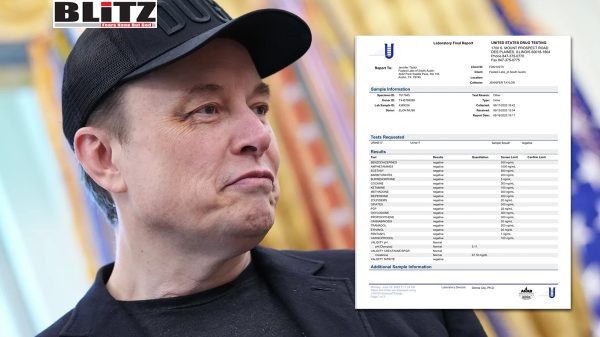
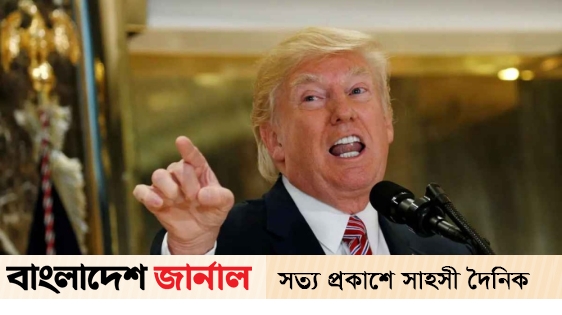







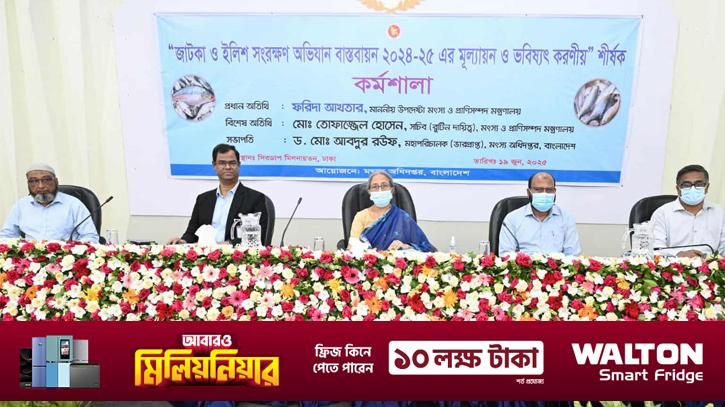


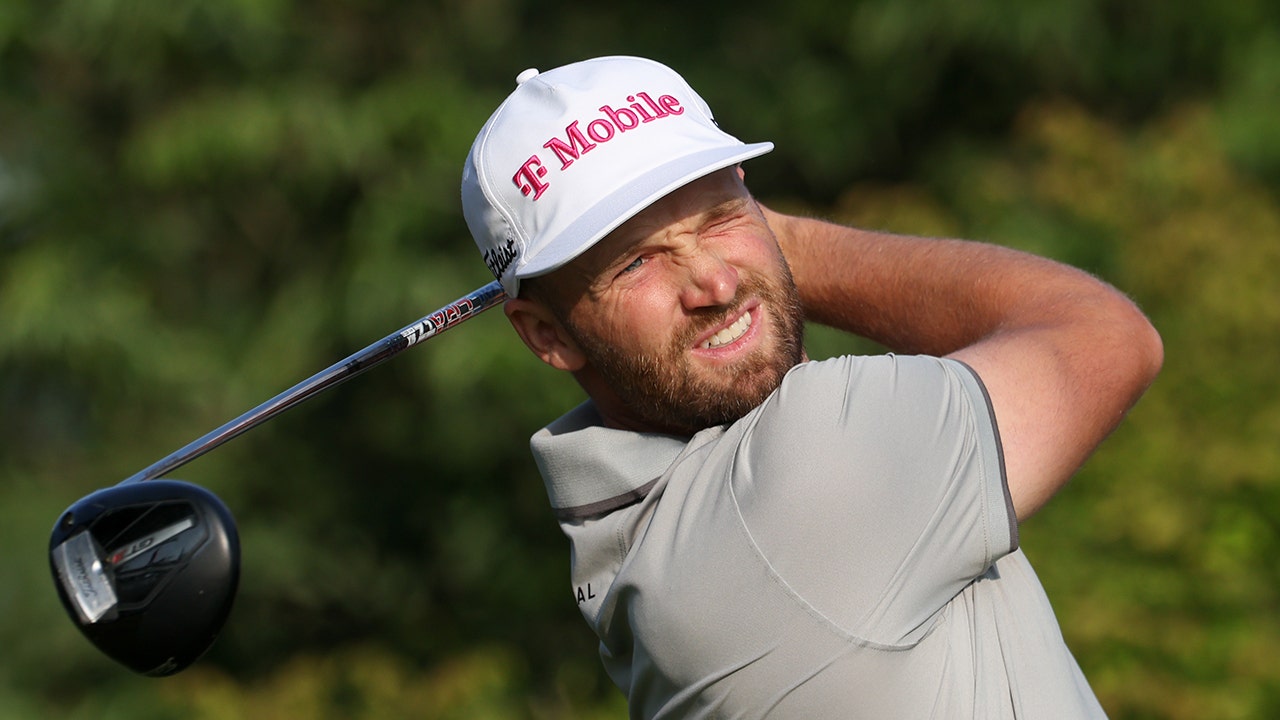
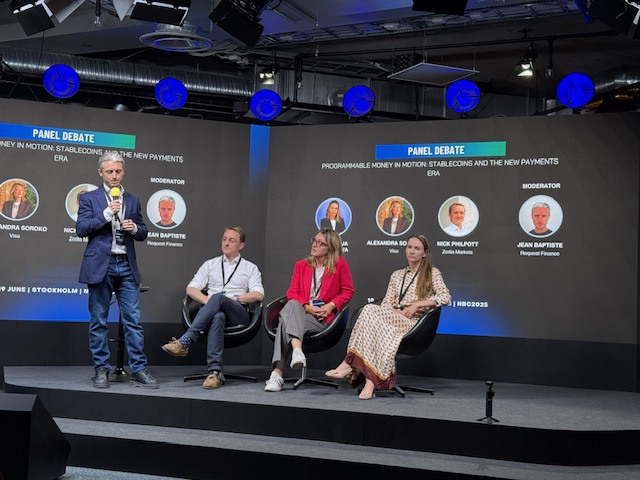
Leave a Reply